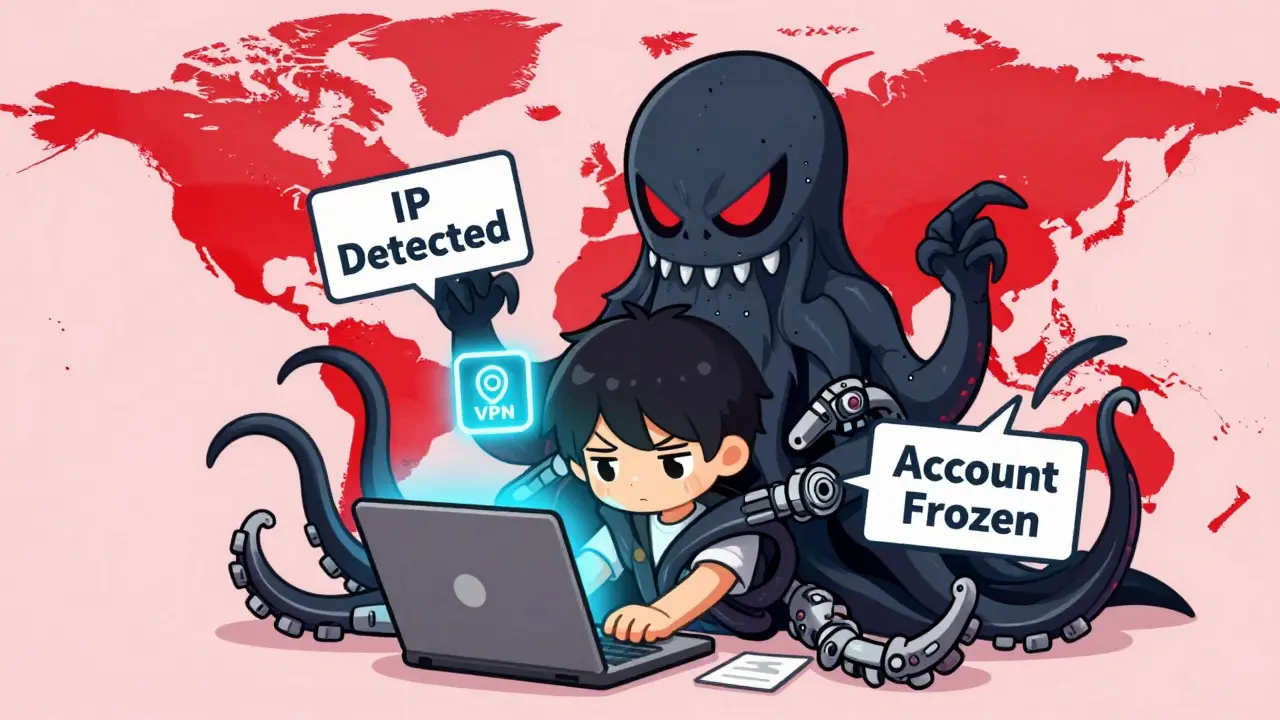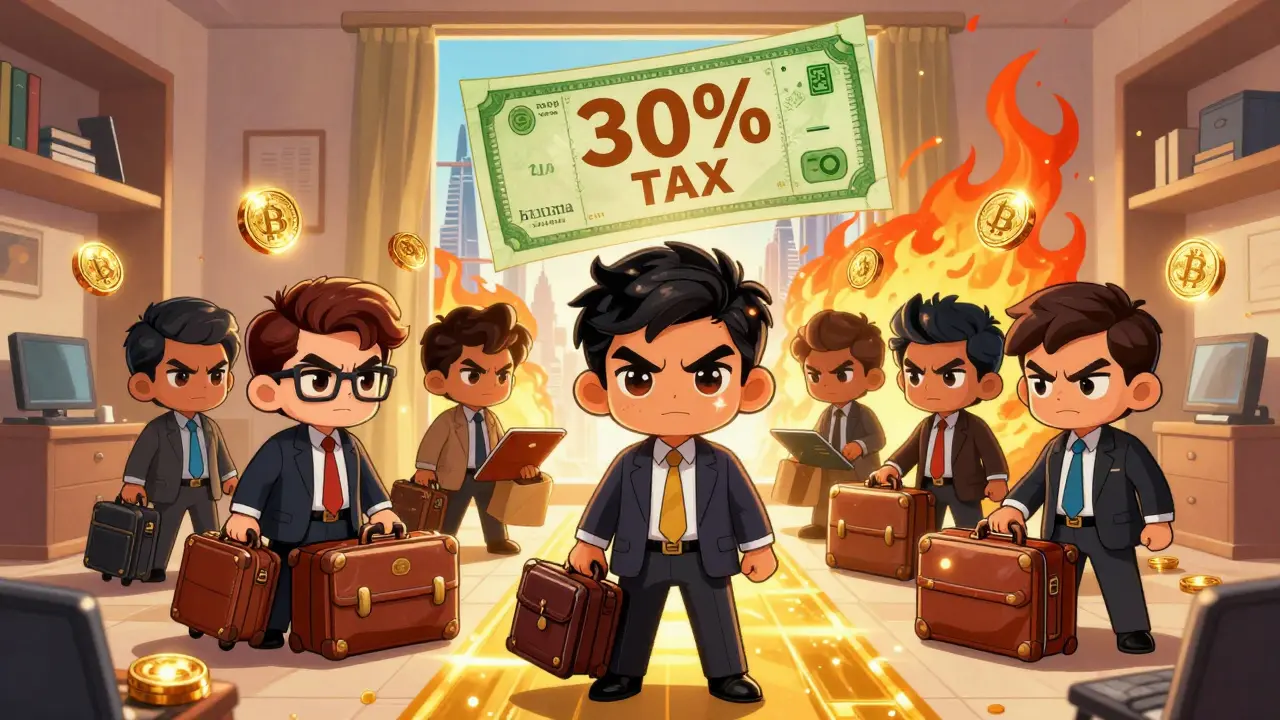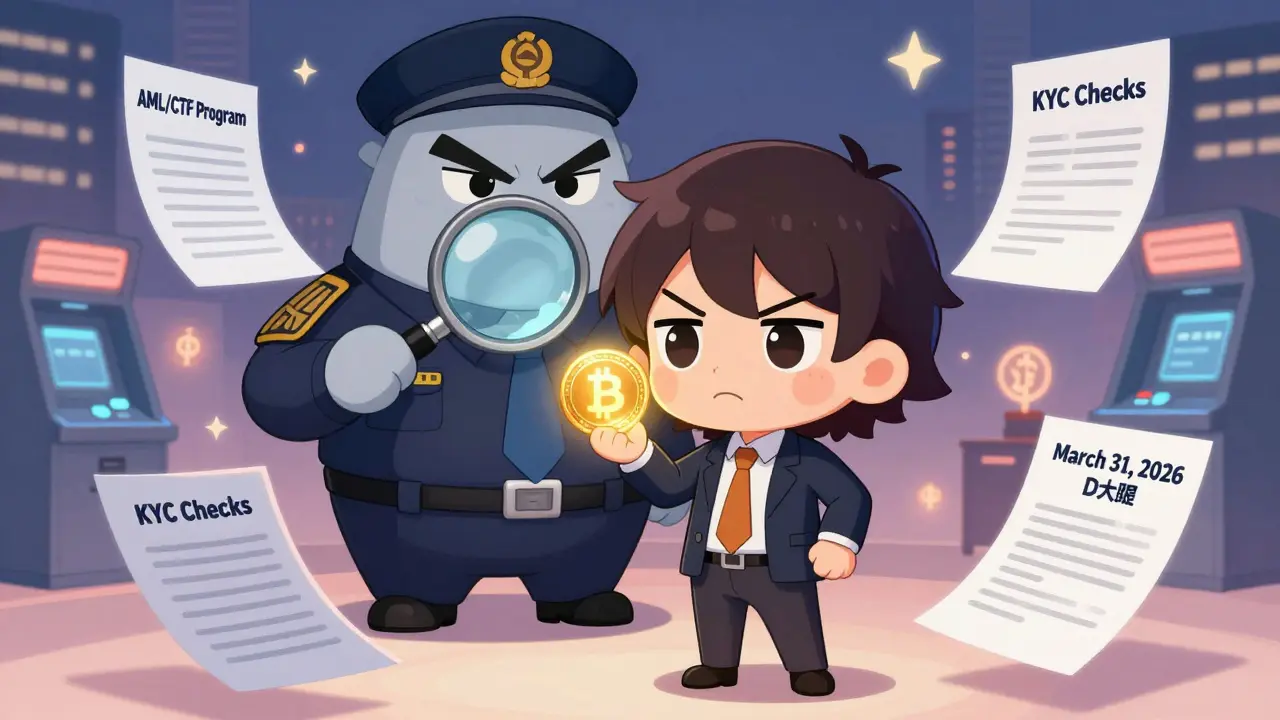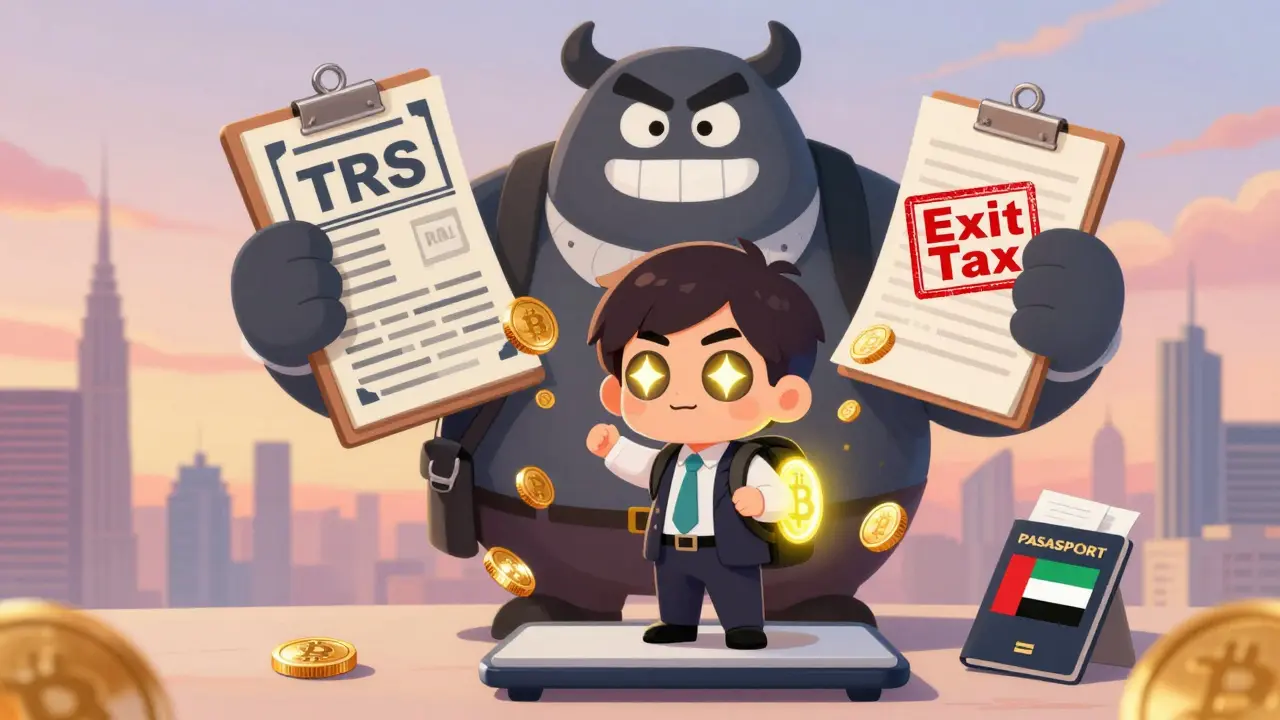Crypto Regulations: Global Rules Shaping Digital Money
When navigating Crypto Regulations, the set of laws, licensing requirements, and compliance standards that govern cryptocurrencies and digital assets. Also known as cryptocurrency regulation, it decides who can run exchanges, what trading activities are allowed, and how governments protect investors.
One core pillar is AML Requirements, anti‑money‑laundering rules that force crypto firms to verify users and report suspicious activity. These rules intersect with Digital Currency, state‑issued electronic money such as the Digital Lira or Digital Ruble, because officials use the same compliance frameworks to monitor both private tokens and sovereign e‑money. Meanwhile, CBDC, central bank digital currencies that aim to replace cash with a blockchain‑compatible ledger adds another layer, prompting regulators to tweak existing crypto rules to avoid overlap. In short, Crypto Regulations encompass licensing, AML, and digital‑currency policies, requiring firms to align with multiple, often overlapping mandates.
Why the Rules Matter Across Borders
Every country interprets these pillars differently. Some, like China, imposed a sweeping ban that halted mining and exchange services, while others, such as Turkey, introduced a licensing regime and a payment‑ban for crypto assets. Iceland caps electricity for mining to protect its renewable grid, and Russia experiments with a qualified‑investor regime before launching a digital ruble. These regional approaches create a mosaic of cryptocurrency bans, government orders that outright prohibit buying, selling, or using digital assets and nuanced restrictions that still allow limited activity under strict supervision. The impact is clear: traders must adjust strategies, investors need to watch compliance costs, and service providers must secure licenses or risk penalties.
Looking ahead, the regulatory landscape is set to evolve with tighter AML checks, broader CBDC rollouts, and more precise definitions of what counts as a security token versus a utility token. Staying ahead means understanding each jurisdiction's rulebook, anticipating policy shifts, and adopting tools that automate compliance reporting. Below you’ll discover detailed guides that break down these rules country by country, explain the licensing process, and show how the emerging digital‑currency initiatives could affect your portfolio.











